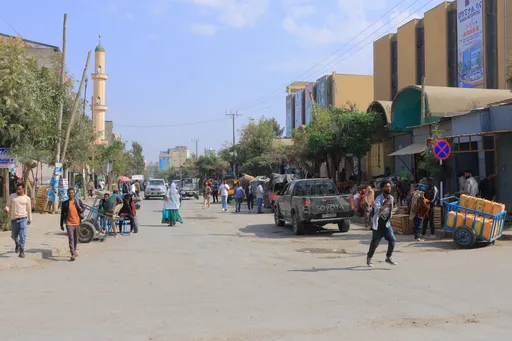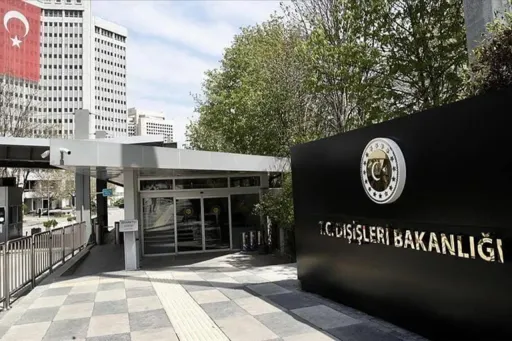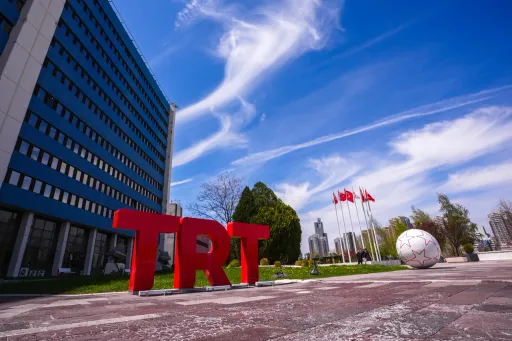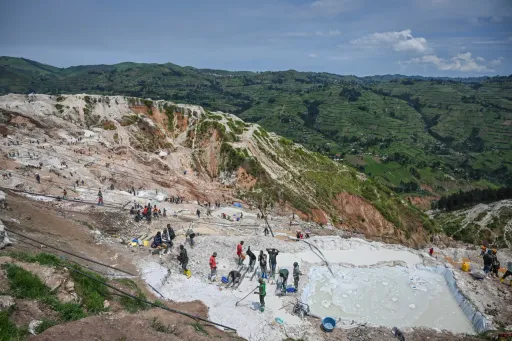By Naima Said Salah
While the dominant narrative in Europe and the US is about the ‘tidal wave’ of migrants ‘flooding’ their shores, there is another side to the story.
Many migrants fail to reach their desired destinations or are deported once they get there. Others choose to return to their homelands.
Since civil war erupted in Somalia in the late 1980s, about two million people, some 10 per cent of the population, have fled the country.
Somalis are among the most dispersed diaspora in the world. Many of them migrated to Gulf countries.
They are often kept in deportation centres before expulsion. They often complain of poor treatment.
Making special bread
Father of four, Abdikadar Abdirahman Hussein, was deported from Saudi Arabia in 2021 after living there for years. On return to Mogadishu, he struggled to rebuild his life.
Then he had a brainwave. He would introduce Saudi food to Somalis.
Family members contributed $500 for him to start a business, a fast-food outlet called Boufiyah Jeddah. He used cooking skills picked up in Saudi Arabia to make Arab food, including shwarma, a special bread named khubus, and a slow-cooked meat and rice dish called mandi.
His street café in Mogadishu’s busy Hawlwadag district, is regularly thronged with people eager to try this new type of food. It’s also popular with Somalis deported from Gulf countries who miss the dishes they used to eat there.
Big favourites are the fresh fruit juices and milkshakes made with locally grown mango, banana and watermelon, and garnished with raisins and chopped nuts.
'Glad at home'
“I started off selling simple dishes for $0.50,” says Mr Hussein. “My business grew quickly and I now employ six young men, all of whom have been expelled like me,” he tells TRT Afrika.
He says he earns between $20 and $30 a day which is enough to sustain his family. His employees are paid $10 daily, with any extra takings ploughed back into the business.
The first person Mr Hussein employed was Adde Abdirashid Mohamed who left Somalia for Saudi Arabia in 2017 due to constant violence and insecurity. He was deported in 2022.
“I used to buy food from the restaurant because I like Saudi dishes,” he says. “I saw an opportunity and told Mr Hussein I know how to cook Arab food. He employed me and thanks to him my life has changed. I am glad to be home now that I am earning money.”
'Delicious food'
Another employee is Ahmed Aweys Mohamud. He did not find it easy when he was forcibly returned to Somalia because he migrated to the Gulf when he was very young and knew little about Somali culture.
“People in Mogadishu used to laugh at me because I spoke broken Somali,” he says as he stirs delicious-looking food in a giant pot. “Then I found work at Boufiyah Jeddah. We understand each other and they are like brothers to me.”
Another deportee making progress back home in Somalia is Omar Mohamed Osman.
He was deported from the US in 2021 after fleeing Somalia in 2012 due to Al Shabaab threats. He initially moved to South Africa and went to the US in 2017 where, after several years, his asylum claim was refused.
He really struggled on return to Somalia but eventually set up a small grocery shop in Mogadishu’s Waberi district.
He says he is happy he survived the first difficult year that followed his deportation. The 40 year-old now has a son and earns enough to support his family.
Asylum claims rejected
Mr Osman said that of the 87 men deported with him from the US, some have joined the Somali army. He says several died after failing to make a living back home while others have left Somalia again.
A young Somali man, Mohammed (not his real name), who was deported to Mogadishu after his asylum claim was rejected in the UK thought his life was over when he returned to his homeland.
Initially he could not find anywhere to stay or enough food to eat. Slowly, he started rebuilding his life.
First, he volunteered as a football coach, sometimes earning up to $1 a day in tips. Then he found work as a day labourer on building sites where skills he had learned in the UK, such as plastering, were much in demand. He was later given a permanent job by a construction firm and has now started a family.
Teaching others
Female deportees also contribute to the development of their society. Some have transformed Somalia’s beauty industry by introducing new techniques, such as different hairstyles and wedding make-up.
As beauty parlours are usually female-owned and have women-only staff, traumatised deportees feel safe working in such environments. Other returnees decorate wedding venues in styles they saw and learned while living overseas.
Of course, many deportees struggle to survive, especially those with no family or others in Somalia to help them establish themselves. Those who have been forcibly returned for criminal offences, especially drug-related crimes, are shunned by some members of their community.
The returnees say being deported to Somalia is never easy and life is almost always tough on arrival. But some brave, entrepreneurial people are bringing new skills to their homeland, teaching others and generating employment.
The writer,Naima Said Salah, is a journalist based in Mogadishu covering hard news and in-depth features in Somalia.
➤Click here to follow our WhatsApp channel for more stories.























